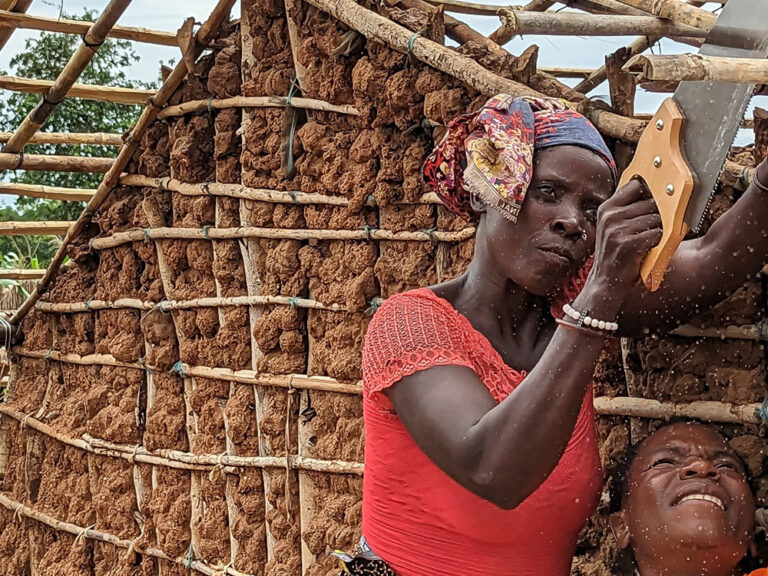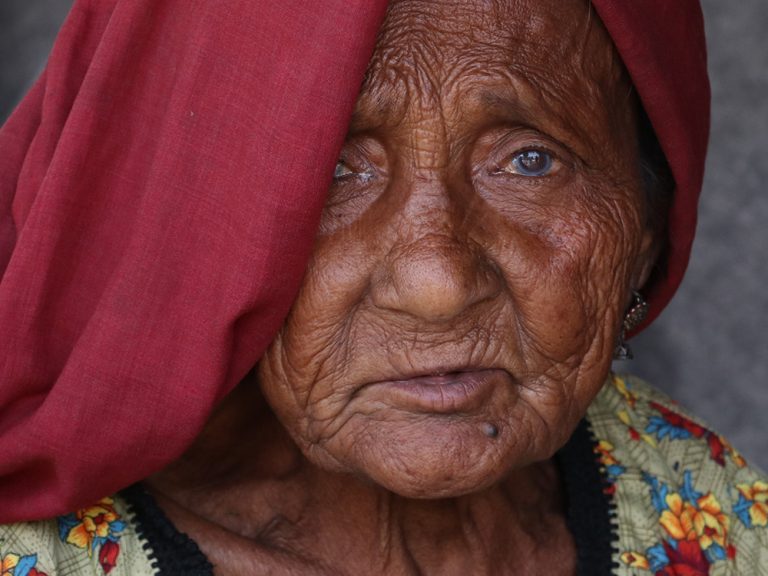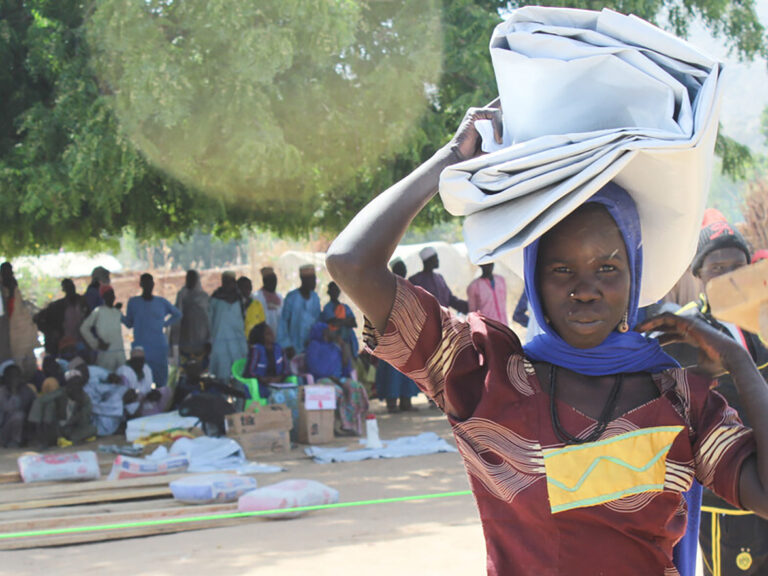Shelter is the foundation for life – for survival, stability and dignity. It offers a place to feel safe, stay together and stay healthy, earn a living and plan for the future.
ShelterBox provides emergency shelter and essential household items after disaster. There’s no one size fits all solution. Each disaster and community is different. So, we work flexibly, listening to what’s needed and adapting every time.
For some situations, family-sized tents are the best solution. They provide shelter until people can start rebuilding.
In other places, heavy duty tarpaulins, ropes and nails can patch-up damaged buildings.
Essential items like water filters, mosquito nets, and cooking sets help people survive.
Our teams also offer training on shelter building. This supports people to create robust shelters and maintain them over time. Trained people can then pass on their knowledge on to their community too.
Our support keeps evolving, and so do we.
Shelter
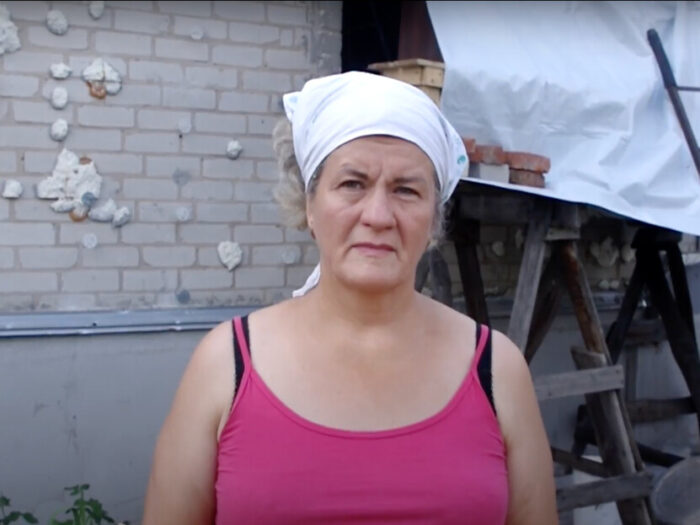

Shelter kits
Shelter kits help people repair homes after damage.
They include a range of tools like nails, a hammer, shovel and ropes. They can also include tarpaulins to make broken roofs or windows wind and rain proof. The kits can also include construction materials like wood or cement.
Shelter kits can vary a lot in their size and contents. You can see different examples on our virtual gifts page
Explore Shelter Kits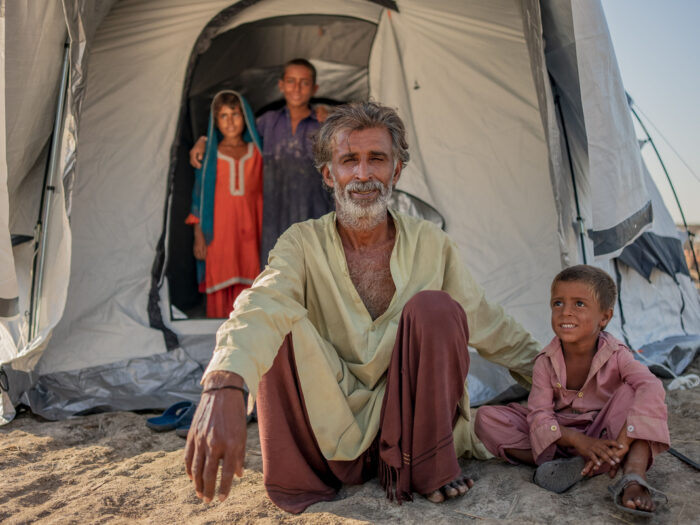

Tents
After disaster, durable tents can help make people feel safe and protected.
Depending on the weather and the place, the types of shelter people need differ. Padded tents that safely accommodate a stove help protect people from freezing temperatures. In other situations, medium-sized tents that fit in small spaces might be preferred. Some tents can last years if needed. This helps people feel at home again.
Explore tents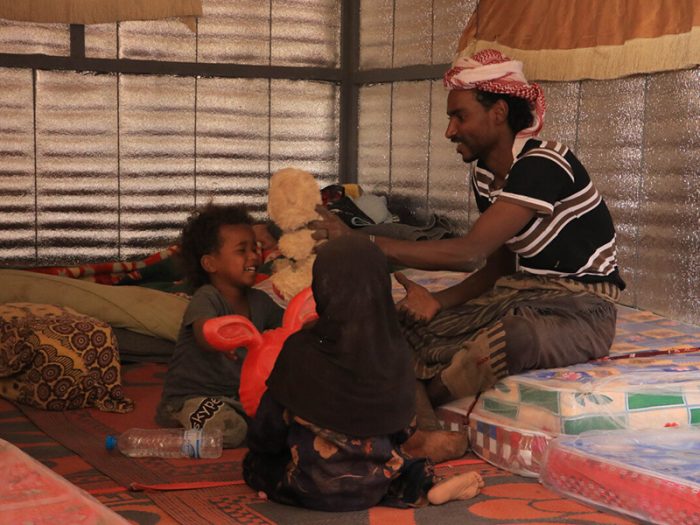

Transitional and durable shelter
Sometimes people can be forced from their homes for years at a time. When this happens, we can offer transitional or durable shelters.
Transitional shelters are for longer term occupation. They offer essential stability if people don’t know when they can return home. They’re often needed in camps or sites where people are a long way from where they lived. For example, in places like Cameroon and Burkina Faso where people have fled violence.
Materials include timber, cement, sand and corrugated iron. Recently we have offered durable shelters in Yemen. We also provide training where needed, to ensure shelters are built to last.
Essential household items
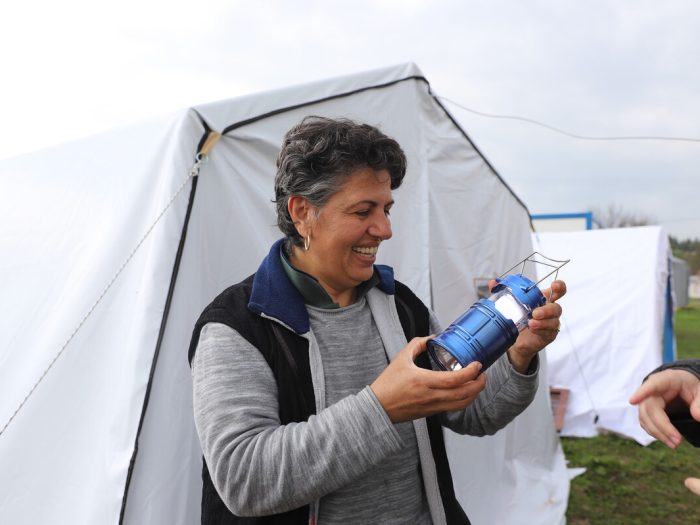

Solar lights
Our solar lights can last up to 24 hours on just one charge and can charge up even on overcast days. As well as helping to chase away the dark when the power is down, they can also charge mobile phones.
They are lightweight, water resistant and easy to carry in any situation. Helping to light the way for work, education, and mealtimes.
They provide comfort and help people to regain their livelihoods.
Explore solar lights
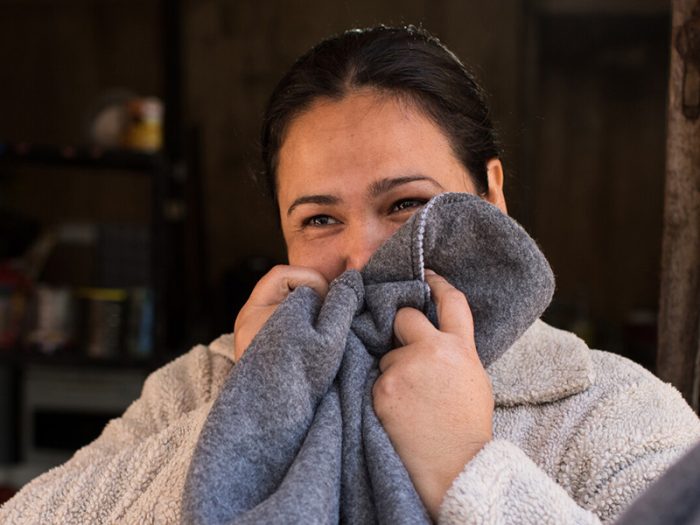

Blankets and bedding
Blankets, mattresses, and groundsheets provide vital warmth and comfort. They help people get the sleep they need.
These simple items can be used in a variety of ways, from bedding to room dividers, and help turn a shelter into a home.
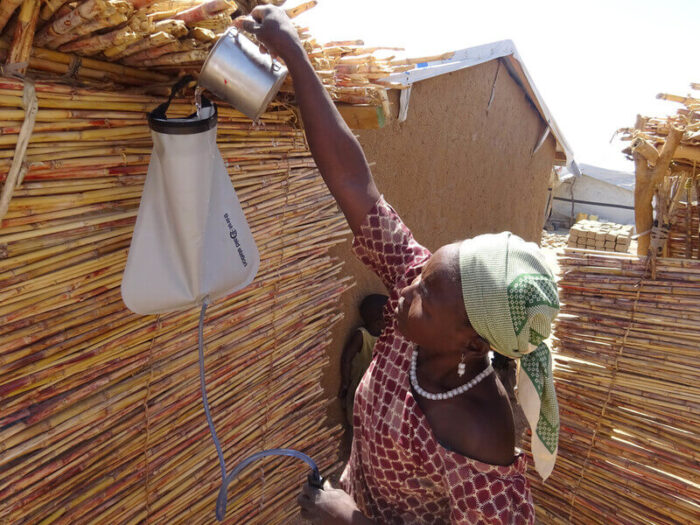

Water filters and carriers
When disasters devastate the landscape and force people far from home, it can be hard to access safe, clean water.
By providing water containers and water filters, safe drinking water becomes one less thing to worry about.
Explore water filters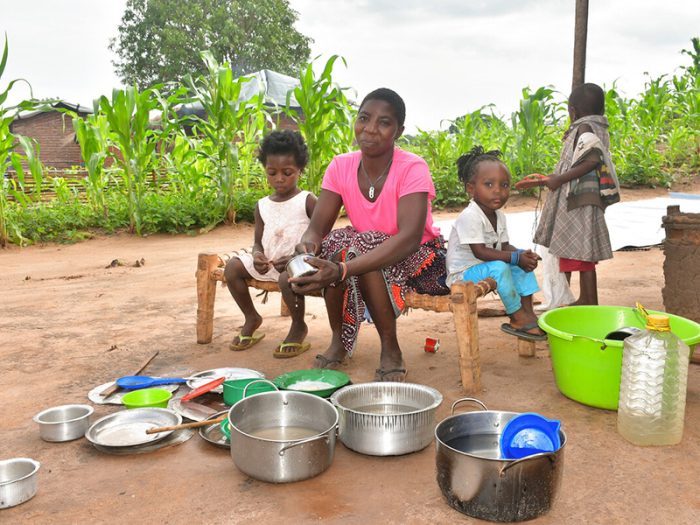

Kitchen sets
When people have lost their homes, they are often left without items that are key to survival.
Kitchen items like pots and pans, dishes, utensils and cutlery help people to prepare food.
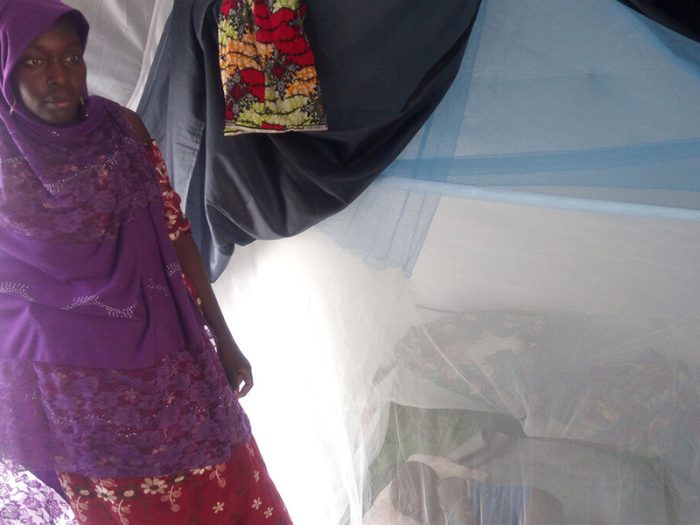

Mosquito nets
In places where insect-borne diseases are common, mosquito nets are an effective way of keeping people safe.
These nets are coated with insecticide. They offer an extra layer of protection by killing insects on the net.
Explore mosquito nets
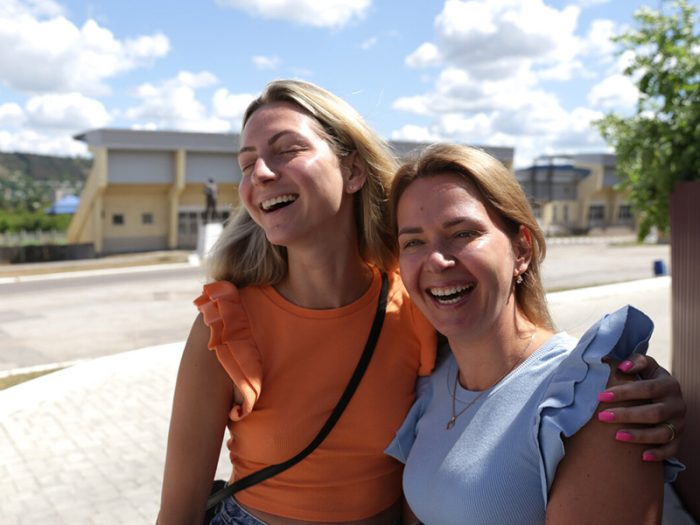

Cash assistance
Sometimes we also offer cash after disaster when the conditions are right. This can offer people more control over their recovery and helps them get the things they need.
Tents, tarpaulins and tools are at the heart of our disaster responses. But when it’s clear providing cash will have an even bigger impact on people’s lives, that’s what we’ll do.
Cash has recently been offered in our responses in Ukraine, Pakistan, and Syria among others.
Discover more about cash assistance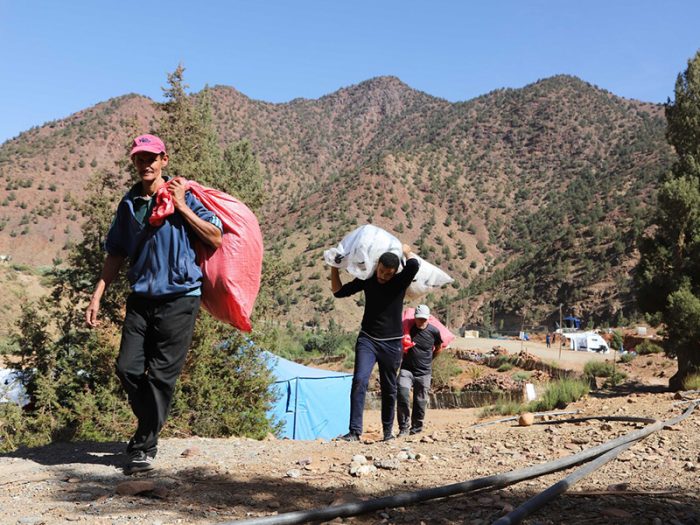

What about the ShelterBox?
We started responding to disasters over 20 years ago. For a long time, we shipped our aid in our iconic green boxes. But today we’ve gone beyond the box, and we no longer use them. There are lots of reasons why.
Some of the items no longer fit in the boxes. Like our tents, which are bigger, so people have more space and privacy. We also buy items locally, which is better for the environment as it cuts our carbon footprint. Shipping aid on pallets means faster delivery and easier storage – closer to where disasters happen. We love our ShelterBoxes. We know our supporters do too. But it’s better for people and planet for us to focus on efficiency.
That means, today, we’re not boxing ourselves in.
Learn more
